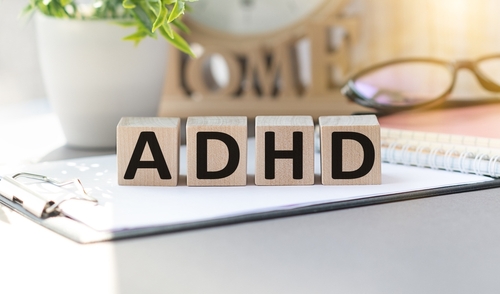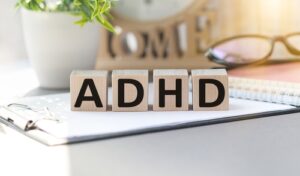
Common Eating Issues Seen in ADHD – What Helps?
Attention-Deficit/Hyperactivity Disorder (ADHD) doesn’t just impact focus and impulse control—it can also affect eating. Whether it’s forgetting to eat, binge eating, or sensory sensitivities, understanding these patterns is the first step towards working on them.
Here are some common eating challenges people with ADHD face—and tips on how to handle them.
Forgetting to Eat: Leading to Skipped Meals
The Issue:
People with ADHD may get so focused on tasks, they forget to eat entirely. This can result in low energy, irritability, and might be a set-up for bingeing or compulsive eating later on.
What Helps:
- Set alarms or reminders on your phone for meals and snacks.
- Meal prep in advance so food is ready and easy to grab.
- Keep snacks (like granola bars, nuts, or fruit) within reach of your workspace.
Impulsive Eating or Bingeing
The Issue:
Impulsivity, a hallmark trait of ADHD, can lead to unplanned eating, especially when emotional or bored. This often involves fast, high-sugar, or high-fat foods. These foods also increase dopamine, a neurotransmitter that’s processed differently in those with ADHD – and, why people with ADHD tend to seek things out that will increase it.
What Helps:
- Pause before eating – take a few deep breaths, check in with your body.
- Ask yourself what you’re needing – food can be a source of pleasure and entertainment and this is part of an expected human eating pattern. However, is there some other reason you’re turning to food? For example, maybe you’re procrastinating is a less desirable task?
- Practice undistracted eating– when you eat, just eat. Try not to multi-task or eat while you’re doing something else. For some with ADHD, food can help keep them focused. Are there other things that could also help? Maybe a fidget or gum.
Cravings for Sugar
The Issue:
People with ADHD often crave quick energy from sugar, especially when dopamine levels dip. This is ok but if they solely rely on quick energy sources, they may notice more dips in energy accompanied by mood swings. NOTE: This is not to say sugar or simple carbs are not ok, it’s just helpful to combine them with proteins, fats and fiber for more stable energy throughout the day.
What Helps:
- Eat regular meals and snacks spaced 3-5 hours apart including protein and complex carbohydrates that give steady energy (e.g., oatmeal, whole grain toast, or Greek yogurt).
- Try to have sugary treats in combination with complex meals and snacks to prevent the dip in blood sugar that often comes after eating them alone.
Sensory Sensitivities or Texture Aversions
The Issue:
Many people with ADHD have strong food texture preferences, making it harder to get balanced nutrition.
What Helps:
- Identify foods that meet sensory needs but also provide necessary nutrients. If you’re wondering what those might be, a dietitian can come in handy!
- Explore different preparations of the same food (e.g., raw vs. cooked veggies) to see if you like it.
- If veggies and fruits aren’t appealing, perhaps you can try smoothies or smoothie bowls.
- It’s ok to rely on supplements! Some individuals’ sensitivities are so significant that it may be necessary to supplement with vitamins while they work on increasing their food repertoire. This is completely ok and it’s important to honor an individual’s food sensitivities and allow them to decide when and if they will work on expanding their choices.
Appetite Suppression from Medication
The Issue:
Many of the medications prescribed for ADHD are stimulants which can decrease appetite. This might lead to decreased intake and could impact growth.
What Helps:
- Take the medication after breakfast and make sure to have a large breakfast.
- Consider having smoothies or nutrition shakes during the day – these can be easier to get down when there’s no appetite.
- Medications usually wear off after 6-10 hours. Have a large meal/snack then (i.e. when you get home from school)
- Have a large dinner and eat a snack before bedtime
- Most people are able to manage this side effect by eating more when the medication is not active and appetite is present
ADHD and eating challenges often go hand-in-hand, but with awareness and supportive strategies, it’s absolutely possible to feel confident in your relationship with food. You may even find focusing on your eating patterns helps manage symptoms. Small changes, like building structure around meals or experimenting with new ways to prepare food, can make a big difference.
If you’re struggling, remember: you’re not alone—we’re here to help!



